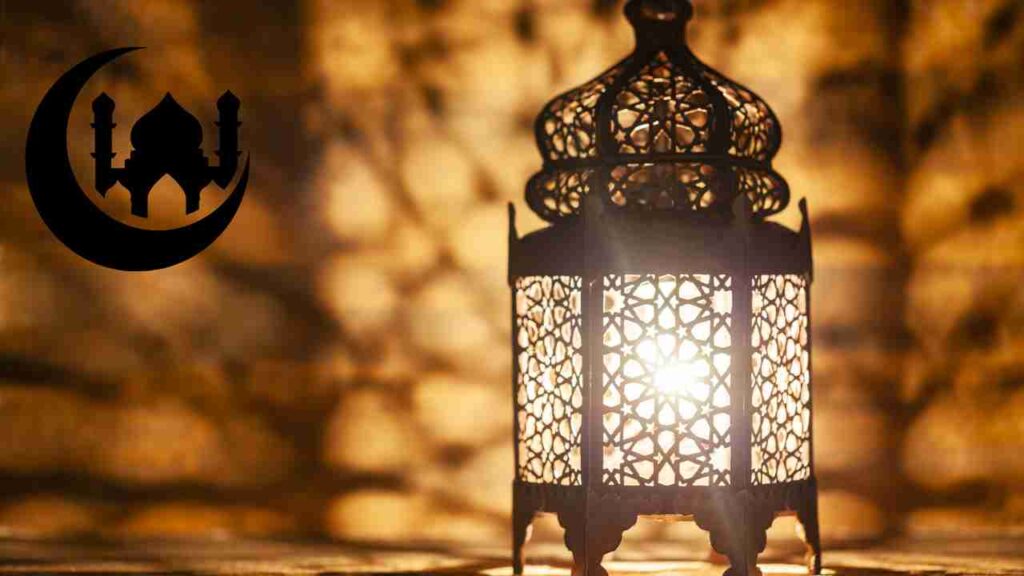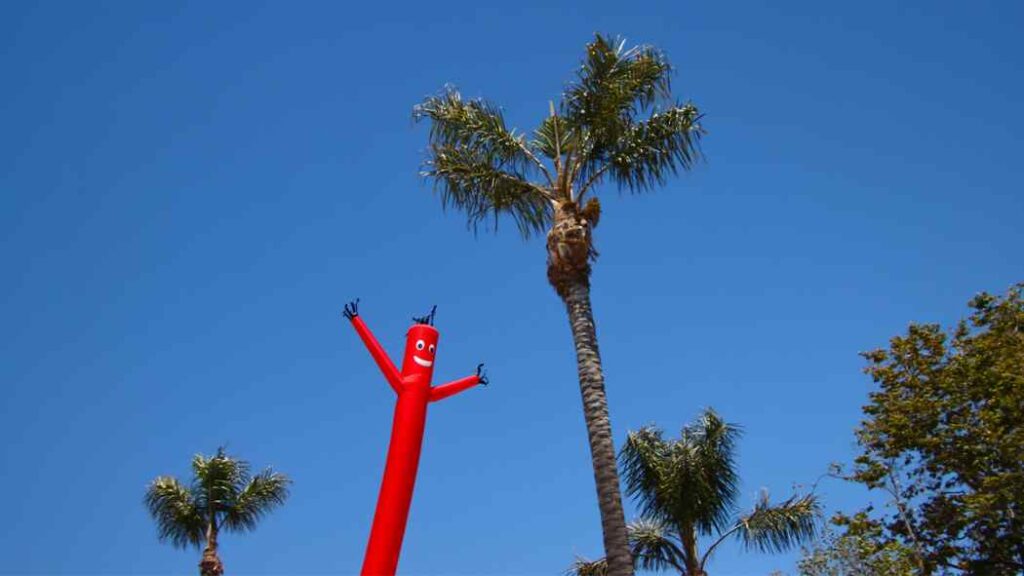Ramadan (Ramzan) Celebration : Ramadan, or Ramzan as it is known in India, is a sacred and spiritually significant month for Muslims globally. This detailed exploration seeks to delve extensively into the multifaceted aspects of why, when, and how Ramadan is celebrated in India and around the world.
Ramadan (Ramzan) Celebration : A Deep Dive into the Whys, Whens, and Hows Across India and the World

Origins and Spiritual Significance:
Rooted in the Islamic faith, Ramadan commemorates the month during which the Quran, the holy scripture of Islam, was revealed to Prophet Muhammad. Beyond its historical importance, Ramadan serves as a profound period for spiritual reflection, increased devotion, and acts of worship.
ALSO READ : Laad Bazar’s Lac Bangles Receive Prestigious GI Tag, Marking a Milestone for Hyderabad’s Artisans
Timing and Lunar Calendar:
The Islamic calendar, based on the lunar cycle, causes Ramadan to shift annually in the Gregorian calendar. The onset of Ramadan is determined by the sighting of the new moon. The month lasts 29 or 30 days, with its conclusion marked by the celebration of Eid al-Fitr, the festival symbolizing the end of Ramadan.
Fasting (Sawm) Ritual:
Central to Ramadan observance is the practice of fasting, or Sawm. Muslims abstain from food, drink, smoking, and sinful behavior from dawn until sunset throughout the month. The daily fast is broken with iftar, a meal that typically begins with the eating of dates and is followed by a more substantial dinner. Suhoor, the pre-dawn meal, is consumed before the fast commences.
Spiritual Reflection and Worship:
Ramadan encourages heightened spirituality through increased prayers and religious activities. Muslims engage in nightly prayers called Tarawih, recite the Quran, and actively participate in acts of charity and kindness. The emphasis is on self-improvement, gratitude, and seeking forgiveness.
Celebrations in India:
India witnesses vibrant and diverse celebrations during Ramadan. Muslims come together for communal prayers, iftar gatherings, and various community events. Special bazaars thrive, offering an array of traditional foods and festive items. The multicultural nature of India infuses unique regional flavors into Ramadan celebrations, creating a rich tapestry of cultural diversity.
Global Observance:
Ramadan is a truly global phenomenon, observed by Muslims worldwide. The common practices of fasting, prayer, and charitable acts create a sense of unity among the global Muslim community. While Islamic countries exhibit unique cultural variations in celebrations, Muslim minorities in non-Muslim-majority countries contribute to the global tapestry of Ramadan observance.
Eid al-Fitr Celebrations:
The conclusion of Ramadan is marked by the joyous celebration of Eid al-Fitr, a festival symbolizing the breaking of the fast. On this day, Muslims gather for communal prayers, express gratitude, and engage in acts of charity. Festive meals, family reunions, and the exchange of gifts characterize the celebrations. The spirit of Eid extends beyond the Muslim community, with people of all backgrounds joining in the festivities.
Challenges and Resilience:
Recent times have presented challenges to Ramadan celebrations, including geopolitical tensions and the global COVID-19 pandemic. However, the resilience of the Muslim community is evident in adapting traditions, utilizing technology for virtual gatherings, and maintaining the essence of Ramadan despite external challenges.
Celebration of Namaz during Ramadan:
- Daily Rituals:
- Muslims perform five daily prayers, and during Ramadan, a special nightly prayer called Tarawih is added.
- The Tarawih prayer is performed in congregation at mosques and involves recitation of the Quran.
- Iftar (Breaking Fast):
- The day’s fast is broken with a meal called Iftar, usually starting with the eating of dates and drinking water.
- After Iftar, the Maghrib prayer is performed, followed by a more substantial meal.
- Suhoor (Pre-dawn Meal):
- Suhoor is the pre-dawn meal consumed before the Fajr prayer, which marks the beginning of the fast for the day.
- Community Involvement:
- Ramadan is a time of increased community and family bonding through shared prayers and meals.
Ramadan Eateries in Hyderabad:
As I stay in Hyderabad, I enjoy all this Delicious Food at mehdipatnam, Charminar and other small local Areas too during Ramzan. Haleem is my Favourite.
- Haleem:
- Hyderabad is renowned for its special dish called Haleem, a savory porridge made with wheat, barley, lentils, and meat, usually served during Iftar.
- Many eateries and street vendors specialize in preparing and serving Haleem during Ramadan.
- Kebabs and Biryani:
- The city’s streets come alive with the aroma of kebabs and biryani during Ramadan nights.
- Seekh kebabs, shawarmas, and various biryani variations are popular choices for those breaking their fast.
- Sweets and Desserts:
- Special sweets, like Qubani ka Meetha (apricot dessert) and Double ka Meetha (bread pudding), are enjoyed during Ramadan in Hyderabad.
- Sweet shops offer a variety of traditional desserts for the festive season.
- Street Food Stalls:
- Streets in areas like Charminar and Old City are lined with food stalls offering a diverse range of snacks and delicacies, creating a vibrant atmosphere.
- Community Iftars:
- Some communities organize large Iftar gatherings where people come together to share meals, fostering a sense of unity and togetherness.
Ramzan FAQs: Ramadan (Ramzan) Celebration
1. What is Ramzan, and why is it significant?
- Ramzan, also known as Ramadan, is the ninth month of the Islamic lunar calendar. It holds immense significance as it commemorates the month during which the Quran was revealed to Prophet Muhammad. Muslims worldwide observe it as a time for spiritual reflection, increased devotion, and acts of worship.
2. When does Ramzan occur?
- Ramzan is determined by the sighting of the new moon, causing it to shift annually in the Gregorian calendar. The month lasts for 29 or 30 days, culminating in the celebration of Eid al-Fitr.
3. What is Sawm, and how is it practiced during Ramzan?
- Sawm refers to fasting during Ramzan. From dawn until sunset, Muslims abstain from food, drink, smoking, and sinful behavior. The fast is broken with iftar, a meal that typically begins with the eating of dates.
4. How does Ramzan foster spiritual reflection and increased worship?
- Ramzan encourages heightened spirituality through increased prayers, including Tarawih, recitation of the Quran, and engaging in acts of charity and kindness. The focus is on self-improvement, gratitude, and seeking forgiveness.
5. How is Ramzan celebrated in India?
- In India, Ramzan is celebrated with communal prayers, iftar gatherings, and community events. Special bazaars offer traditional foods and festive items. The multicultural nature of India adds unique regional flavors to the celebrations.
6. How is Ramzan observed globally?
- Ramzan is a global phenomenon observed by Muslims worldwide. Common practices include fasting, prayer, and charitable acts. Cultural variations in celebrations are evident in Islamic countries, while Muslim minorities contribute to the global tapestry of observance.
7. What is Eid al-Fitr, and how is it celebrated?
- Eid al-Fitr marks the end of Ramzan. On this day, Muslims gather for communal prayers, express gratitude, and engage in acts of charity. Festive meals, family reunions, and the exchange of gifts characterize the celebrations.
8. How has Ramzan adapted to challenges, such as the COVID-19 pandemic?
- Recent challenges have seen adaptations in Ramzan traditions, including virtual gatherings, technology use, and adherence to health protocols. The resilience of the Muslim community is evident in maintaining the essence of Ramzan amid challenges.
9. Are there regional variations in Ramzan traditions?
- Yes, Ramzan traditions vary regionally. Different cultures add unique elements to the observance, influencing the type of foods consumed, the timing of celebrations, and specific customs during the month.
10. What is the broader message of Ramzan?
- Ramzan encapsulates the values of discipline, compassion, unity, and gratitude. It serves as a reminder of the importance of self-reflection, empathy towards others, and the celebration of diversity within the global Muslim community.
ALSO READ : Hyderabad’s Ramzan Shopping Extravaganza : A Continuation of Numaish’s Legacy
Conclusion: Ramadan (Ramzan) Celebration
In conclusion, Ramadan is not merely a month of fasting; it is a holistic experience of faith, compassion, and self-discovery for Muslims worldwide. From its spiritual roots to communal celebrations, Ramadan forms an integral part of cultural diversity in India and fosters a global sense of unity among Muslims. As the crescent moon signals the commencement of Ramadan, millions embark on a transformative journey that transcends boundaries, fostering a shared experience of faith, compassion, and gratitude. Ramadan encapsulates the essence of resilience and unity, showcasing the strength of the human spirit in the face of challenges.














